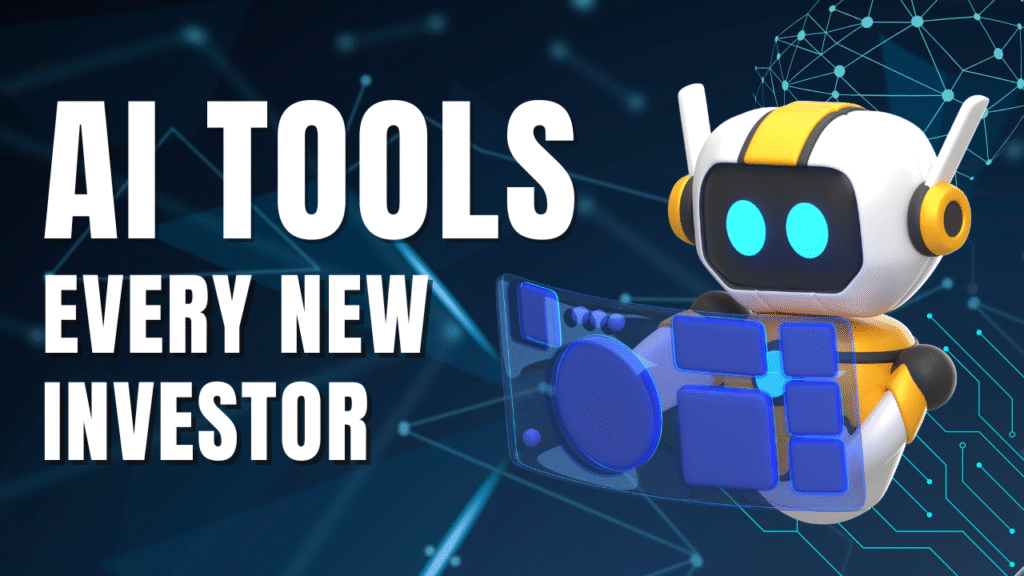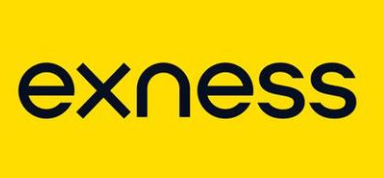So, you’re thinking about investing, but the whole thing feels a bit overwhelming? You’re not alone. In 2025, there’s a ton of info out there, and honestly, it’s easy to get lost. But here’s the good news: AI tools are changing the game for new investors. Whether you want to pick stocks, automate your portfolio, or just keep up with the news, AI tools every new investor can benefit from are out there for you. In this guide, I’ll walk you through the best AI-powered platforms every beginner should check out, what they do, and how they can make your investing journey way smoother. Let’s get started!
Why AI Matters for New Investors
Let’s be real-investing used to be all about reading thick reports, tracking numbers in spreadsheets, and maybe even making a few (okay, a lot of) mistakes along the way. Now, AI can handle a ton of that heavy lifting for you. Here’s why that matters:
- Speed: AI scans through mountains of data in seconds. No more endless Googling.
- Smarts: It can spot patterns, trends, and risks that most of us would miss.
- Automation: Set it and forget it. AI can manage your investments while you focus on, well, life.
- Accessibility: You don’t need to be a Wall Street pro. These tools are made for everyone.
Basically, AI helps you make smarter decisions, avoid rookie mistakes, and save a ton of time. If you’re just starting out, it’s like having a financial advisor in your pocket-without the big fees.
The Must-Try AI Tools for Investors in 2025
Alright, let’s break down the best AI tools you should try this year. I’ll keep it simple and honest, so you know what each one does and if it’s right for you.
1. AlphaSense

What it does:
AlphaSense is like Google, but for finance. It pulls together news, analyst reports, and market trends, then uses AI to help you find what matters.
Key features:
- Real-time news and document search
- Smart filters and natural language processing (NLP)
- Alerts for breaking news about your stocks
Why it’s great for beginners:
You can quickly get the “big picture” on a company or sector without reading 50 different websites. Perfect for research without the headache.
Cons:
Not all features are free, and it’s more research-focused than trading-focused.
2. Trade Ideas

What it does:
This one’s for the folks who want to try their hand at trading. Trade Ideas uses machine learning to spot trading opportunities and sends you alerts.
Key features:
- AI assistant called “Holly” gives daily stock picks
- Backtesting tools to check how strategies would have worked in the past
- Real-time alerts
Why it’s great for beginners:
You don’t have to guess which stocks to watch-Holly does it for you. Plus, you can learn by seeing why certain picks are made.
Cons:
It can feel overwhelming at first, and there’s a learning curve if you’re totally new.
3. Kavout

What it does:
Kavout ranks stocks with its “Kai Score,” which blends technical, fundamental, and sentiment data.
Key features:
- Easy-to-understand stock scores
- Portfolio optimization suggestions
- Integrates lots of data sources
Why it’s great for beginners:
If you want to know which stocks are “hot” or “not,” this tool makes it super simple. No more guessing.
Cons:
Not as detailed as some pro-level research tools, but honestly, that’s a plus for most beginners.
4. Sentieo

What it does:
Sentieo combines AI with financial research tools. It’s like having a Bloomberg Terminal but way more user-friendly.
Key features:
- AI-powered document search
- Sentiment analysis
- Collaboration tools (great if you invest with friends or a club)
Why it’s great for beginners:
You can find info fast, understand the mood around a stock, and share notes with others.
Cons:
It’s a bit pricier, but there’s usually a free trial.
5. Numerai

What it does:
Numerai is a crowdsourced hedge fund where anyone can submit AI-driven predictions.
Key features:
- Data science competitions (even if you’re a newbie, you can learn!)
- Community-driven strategies
- Transparent performance tracking
Why it’s great for beginners:
If you’re curious about the data side of investing, this is a fun way to learn and maybe even earn some rewards.
Cons:
It’s more for the “math nerds” or those who want to get into quant investing.
6. Betterment

What it does:
Betterment is a robo-advisor that uses AI to manage your investments automatically.
Key features:
- Automated asset allocation and rebalancing
- Tax optimization
- Goal-based investing
Why it’s great for beginners:
You set your goals, and Betterment does the rest. It’s as hands-off as you can get.
Cons:
Less control if you want to pick individual stocks.
7. Bloomberg Terminal (with AI)

What it does:
This is the gold standard for pros, but in 2025, it’s got more AI features than ever.
Key features:
- Predictive analytics and NLP-powered search
- Customizable dashboards
- Real-time global data
Why it’s great for beginners:
Honestly, it’s probably overkill unless you’re really serious. But if you want to feel like a Wall Street pro, this is it.
Cons:
Super expensive. Most beginners can skip it.
8. Acorns

What it does:
Acorns rounds up your purchases and invests the spare change using AI.
Key features:
- Micro-investing (start with almost nothing)
- Automated portfolio management
- Educational resources
Why it’s great for beginners:
You don’t even notice the money leaving your account, but over time, it adds up. Perfect for folks who want to start small.
Cons:
Limited investment choices, but that’s kind of the point.
9. Bluedot

Key features:
What it does:
Bluedot isn’t strictly an investing tool, but it helps you stay organized by tracking meetings, tasks, and decisions.
- AI-powered meeting notes
- Task tracking and reminders
- Integrates with your calendar
Why it’s great for beginners:
If you’re juggling learning, investing, and life, this helps you keep it all together.
Cons:
Not a direct investing tool, but super handy for productivity.
How to Choose the Right AI Tools Every New Investor
So, which one do you pick? Here’s a quick checklist:
- What are your goals? Trading, long-term investing, or just learning?
- How much control do you want? Some tools are hands-off, others let you tinker.
- What’s your budget? Many have free versions, so try before you buy.
- Are you a solo investor or part of a group? Some tools are better for collaboration.
Experiment with a couple, see what feels right, and don’t be afraid to switch things up as you learn.
Pro Tips for Using AI in Your Investing Journey
- Don’t just trust the robots. AI is smart, but it’s not magic. Use it to guide you, not make every decision for you.
- Keep learning. AI tools are always changing. Stay curious and keep exploring new features.
- Mix and match. Sometimes, using two or three tools together gives you a better picture than just one.
Common Pitfalls and How to Avoid Them
- Over-relying on automation: You still need to check in on your investments.
- Ignoring data quality: Not all AI tools use the same data. Make sure you trust the sources.
- Not understanding the limits: AI can predict trends, but it can’t see the future. Stay realistic.
Frequently Asked Questions: AI Tools Every New Investor
1. What makes AI Tools Every New Investor should try in 2025?
AI tools streamline research, spot trends, and automate routine tasks so you can invest smarter, faster, and with less guesswork. They handle data crunching, generate trade ideas, and even rebalance portfolios—perfect for beginners who want guidance without the jargon.
2. How do AI Tools Every New Investor balance cost versus value?
Many platforms offer free tiers or trial periods—like Acorns for micro-investing or Betterment for goal-based portfolios—so you can test their AI-driven features before paying. Research-focused tools (AlphaSense, Sentieo) charge subscriptions but save you hours on reports, while robo-advisors typically take a small fee (around 0.25–0.50% AUM).
3. Can AI Tools Every New Investor rely on replace a human advisor?
AI tools are powerful assistants but not perfect substitutes for human insight. Use them to generate ideas, automate rebalances, and flag news—but continue learning fundamentals and reviewing major decisions yourself. Treat AI as your research partner, not a black-box oracle.
Conclusion
AI is making investing way more accessible, especially for beginners. Whether you want to pick stocks, automate your savings, or just stay organized, there’s a tool out there for you. Try a few, see what fits your style, and remember-investing is a journey, not a sprint. With the right AI tools, you’ll be way ahead of where most people start.
So, what are you waiting for? Go try out some of these platforms and see how much easier (and maybe even more fun) investing can be in 2025!
















